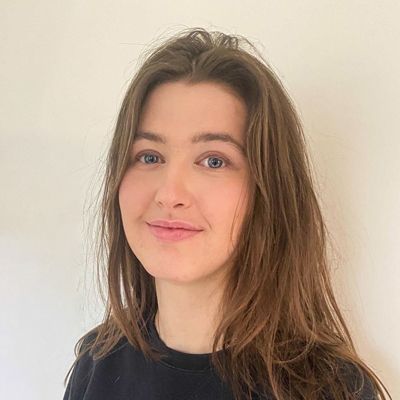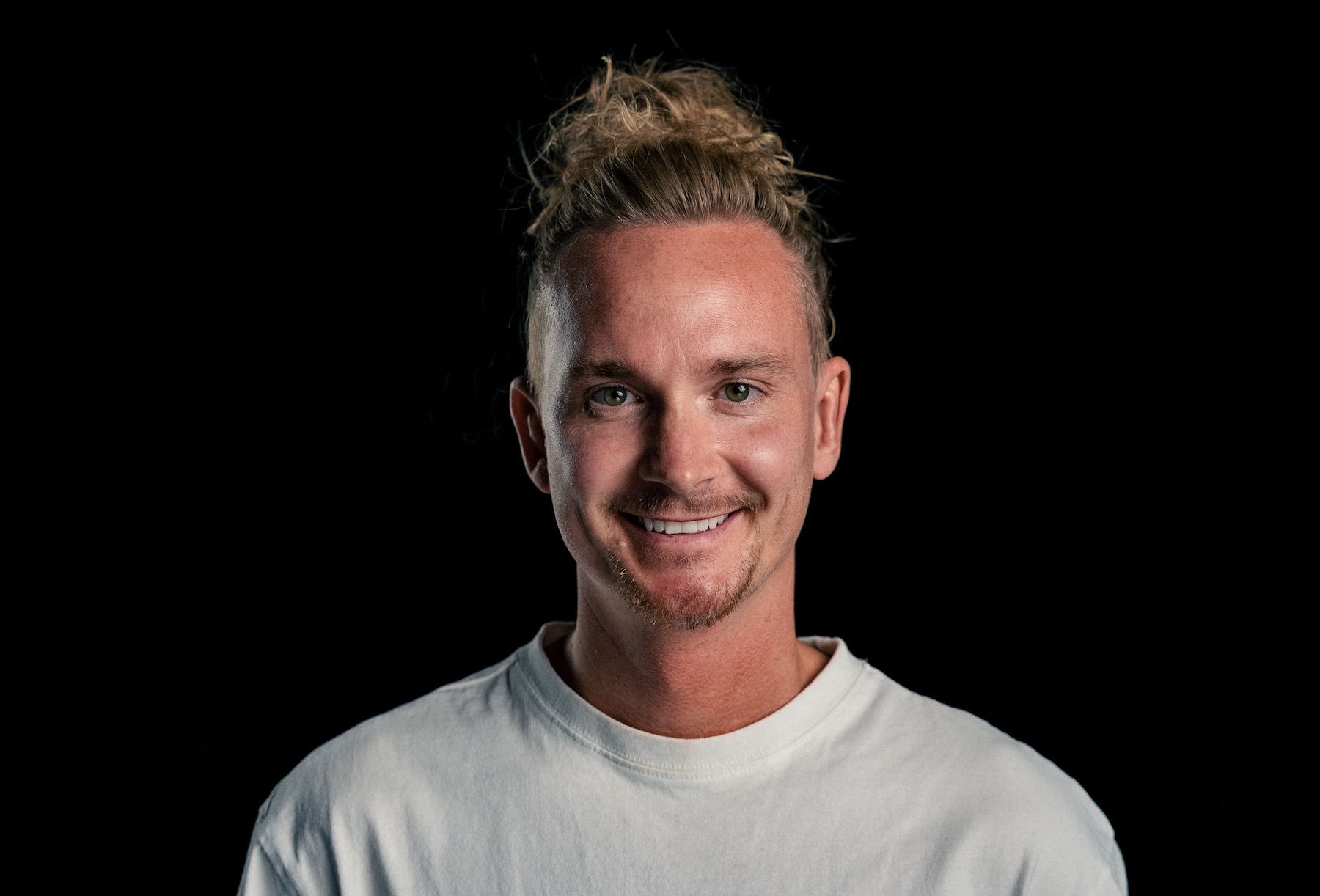Artistic director Philip Ilson on his job and London Short Film Festival…
Rent film gear from local filmmakers.

Rent film gear from local filmmakers.
What does it even mean to be an artistic director? Yeah, we had that question too.
So, we had artistic director and director of London Short Film Festival, Philip Ilson, guide us through what the term artistic director entails and how to become one.
Read more about the following topics:
- What does an artistic director do?
- How to become an artistic director?
- What skills do you need to have to become an artistic director?
- Who does the artistic director work with?
- Inspiration
- London Short Film Festival
It takes a village of directors to create a film. There's no lack of posh names on a movie set with everything from the director of photography to the film director.
Today, we're adding yet another director title: The artistic director.
Believe it or not (hopefully you believe) but an art director serves a critical role in filmmaking. To bring a film to life, you need sets, props, and graphics to fit together to create a film's visual identity and help immerse audiences into the world presented before them. The art director? That's the person who makes this world come to life.
Artistic directors can be found in many different industries such as music, dance, magazines, festivals, and the film industry.
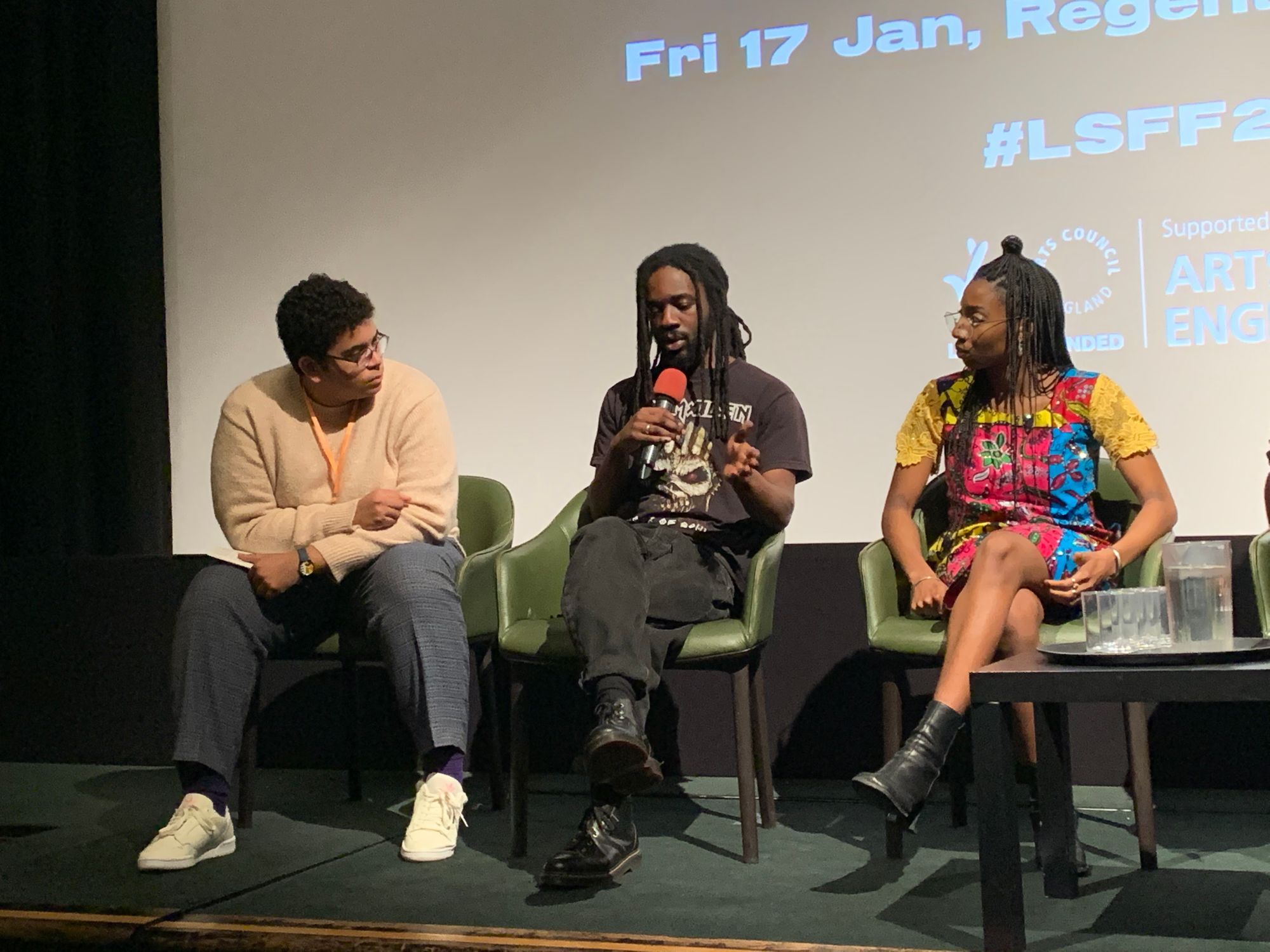
What does an artistic director do?
The artistic director can be and do a whole variety of things. Generally speaking, the art director will be in charge of planning events and making the institution's artistic vision come true. Hence the "artistic" part of the title.
You can think of the art director as the director of a movie (told you, there are many directors). However, instead of directing actors, they control the artistic elements and visual pieces in a project.
The artistic director is usually not involved in the business side of things but is very much in charge of overseeing admissions, finding new talents, hiring artists, and planning the year ahead. Sometimes they even produce and direct the shows, showings or performances, depending on their backgrounds.
As an art director, you'll typically work with the project director to gain a sense of what type of feel of visual identity they want the movie to have. You'll need to collaborate with other artists to begin turning those ideas and expressions into an artistic representation.
If you're working on a smaller project, you might be doing a bit of everything – sort of like you both need to have your cake and eat it too. In that case, design- or problem-solving skills are not shaggy to have. With the London Short Film Festival, Philip was in charge of overseeing the whole program, watching a lot of work, and making design decisions. In bigger projects, however, you can focus more on the purely artistic part. You might be asked to build close relationships with involved and attend many meetings or events. You might even travel as part of your job description – I know, barbaric working terms, right? Who'd accept a paid trip to the Maldives?
.”
Artistic directors have a significant say in hiring too. Not only in terms of the artists and creators but also stage managers, production manager or technical directors. With the director, the budget is developed for every project, every year or season, and the artistic director's job will often take care of fundraising. They are also usually required to make appearances and do PR or engage in public speaking.
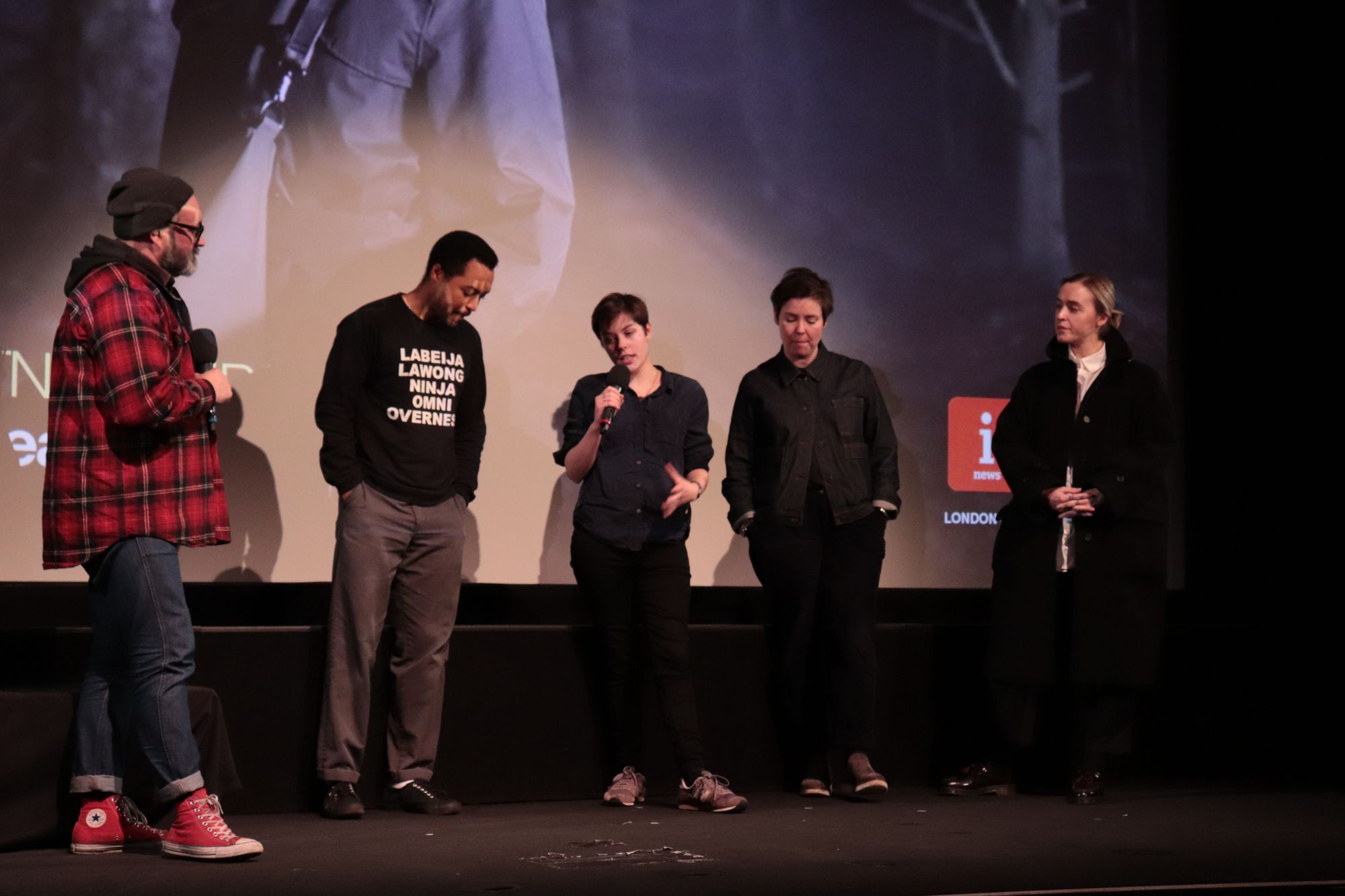
The responsibilities of an artistic director during pre-production
With all the responsibilities of an artistic director, you can know for sure. There's going to be a lot of work, even before showtime. The director will have the overall thoughts about the design, and it's the artistic director's responsibility to implement them.
It's up to the artistic director to design a specific visual style for the production. They also work with concept artists to introduce various design elements that will be translated into sets, props, and other visual aspects of a film set.
The responsibilities of an artistic director during production
This can be hard to define. The art director's responsibilities will depend on what kind of production and how big it is. Some will manage a detailed budget, oversee the administrative operation, the construction and dressing of sets – focusing more on the artistic part of this job.
How to become an artistic director?
There's no universal recipe on how to cook together an artistic director. Some will need seasoning through an Arts degree; others prefer cooking up some work experience. Are you getting hungry, too?
It would be nice if haling in a job as an artistic director is a simple matter of looking for LinkedIn job ads and then applying for one. However, that's not the case.
Being an artistic director requires knowledge, skills and years of experience in the field – not to mention connections.
So, the million-dollar question is – how do art directors do it? They can't all be prodigies… I'm guessing.
Most art directors will start paving the way to director heaven by earning a foot in the door – one step at a time. It's crucial to work on the ground floor of creative projects and work under other art directors to learn from what they're doing.
The people who become artistic directors will most likely have started in entry-level positions, spending years honing their craft and building up their portfolios. Your portfolio is proof of your expertise, so building that up should be a priority.
If being an artistic director in film, theatre or festivals, get some experience working for smaller, lower-budget productions. Make connections – you know, networking (one of the 21st-century golden-buzzer words). Let there be no doubt that you want to become an artistic director.
"A lot of it's just been learning as you go along. And then I think that's what's interesting about festivals. There are no rules. Everybody does it differently. So, in that sense, how do you become an artistic director? There is an element that anyone could just think, Hey, I'm going to become an artistic director."
"Starting up the Film Club was the way that I started my career. And then that grew from there. So, when people say to me, how do you get to film festivals? One of the things I say is, well, you know, maybe start a film club. Even if there are thousands, come up with something different. You've got to stand out."
Needed skills
There's a pool of adjectives I could be pouring at you right now, but let's not go there. Being an artistic director is probably the least generalizable job position (I said, probably).
To achieve greatness, you need to have a strong creative vision and artistic skills. The artistic director will typically start from scratch to develop an idea visually with nothing but a few words of description to go on.
You'll need excellent management skills of the crew or performances and juggling a thing or twenty at once is not a problem. You need to be decisive and an authoritative leader.
You need a calm nature, even if everything is falling apart. You might be preparing one event for a season or even for a year, but things will go wrong in the background during the festival or a show, and you need to solve them with a cold head.
Suppose you'd like to become an artistic director eventually. In that case, you'll need a set of skills unique to whatever industry you're in: animation, storyboarding, character design, set design, interior design, illustration, you name it (technically, I just named it, but it doesn't matter who gets the credit – just that we know, I named it).
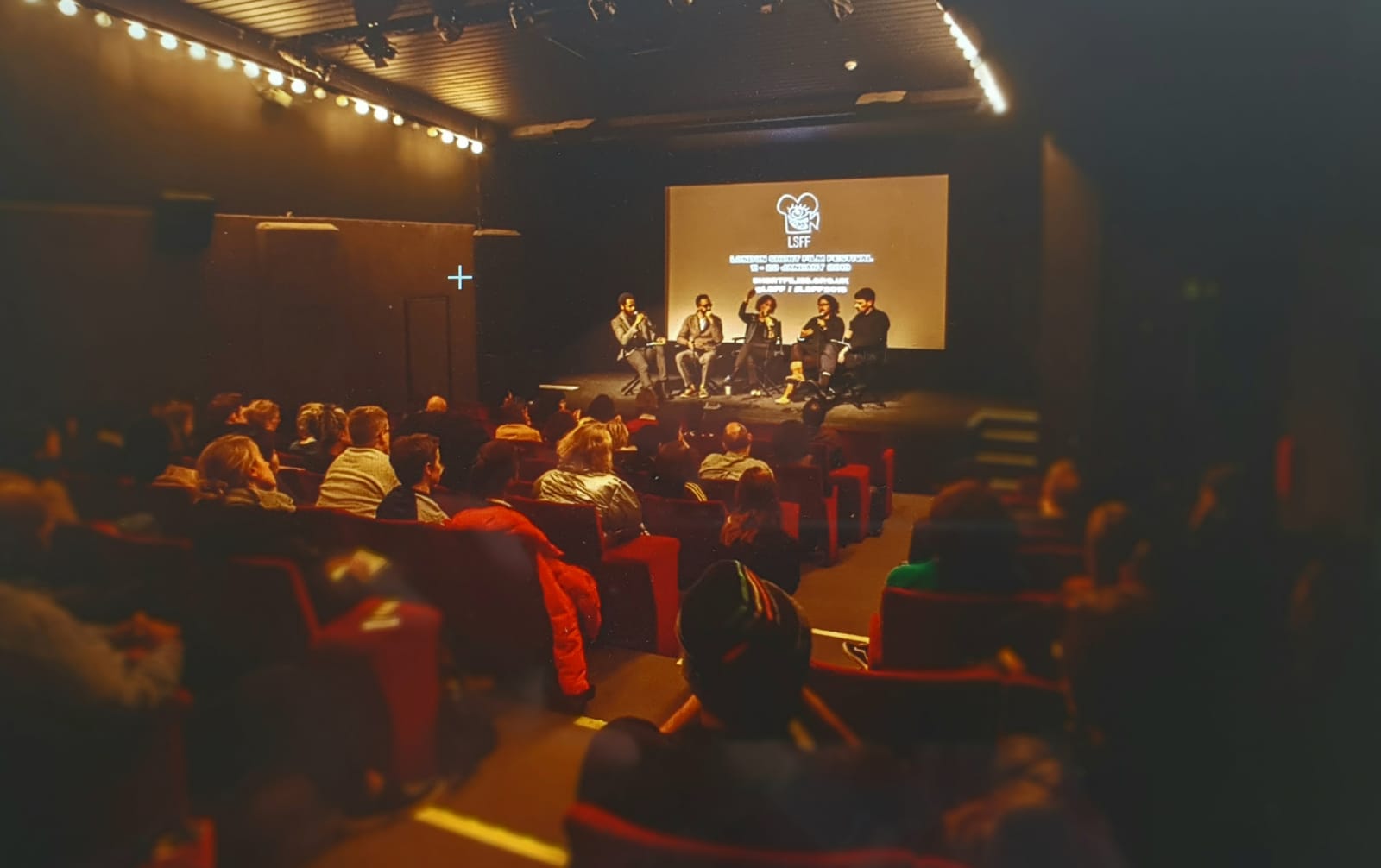
Who do you work the closest with?
"We have regular programming meeting with the festival director, producer and other businesspeople. As well as with the international programmer, other documentary programmers, and the UK preselectors."
"But you always need your festival director – someone focused on sponsorship, on funding applications, but also structuring of the festival and making it much more professional. After the festival's done, there's a need for doing a wrap up for the funding that we got and getting ready for the next one."
That's a job that involves a lot of communication with a lot of people. It's usually a small team, depending on the size of the project or organisation. An artistic director works the closest with the director of the organisation. You're also responsible for ensuring everyone in the art department stays on track and, none the least – budget. You will also need to have someone around you who covers the business side and marketing.
Gathering inspiration
Inspiration is everywhere. Going to the cinema, gallery, opera, theatre, ballet, festival, concert… Quite frankly, inspiration is like picking up a Quarter Pounder – you can get it anywhere.
For Phillip, it was cinemas and organisations such as Scarlet or Exploding cinemas. Screenings, events, cinema hang-outs.
"I never went to university to study film. Everything I've learned is just stuff that I picked up myself and stuff that I've got into myself. Having those spaces to discover film and growing up with home video was something we used to do from school. We used to have video nights at each other's houses and rent out all sorts of strange stuff. All leads, inspiring you to do what you want to do."
The (short) story of London Short Film Festival
I didn't plan to start a film festival and be running it for nearly 20 years. But back in the 90s, my friend and I were making short films, just for fun. We did music videos for friends' bands, visual stuff for clubs and live gigs, or projections. Back then, we didn't even know film festivals existed.
In the magazine, we noticed listings with film clubs. We started going to film nights, which were quite inspirational. There was a real community there. So, then my friend and I started our film night. This explosion was happening around 97/98 in East London, the club culture, and the music and the club nights. And there was a whole scene of these events, which started to get massive audiences where 300 people turn up to see short films, with live performance, bands, gigs, DJs.
Back at the beginning of the 2000's I did a lot of music festival film programming because many music festivals have film tents. And then, we just came up with this idea in 2004 with my friend Kate. Why don't we start a film festival?
Today the London Short Film Festival is established and is liked. But we're not Sundance. It's a challenge. Especially now to stand out between all the online festivals, be creative, come up with something new and still handle the process without having any technical difficulties. But every year, it's been a success.
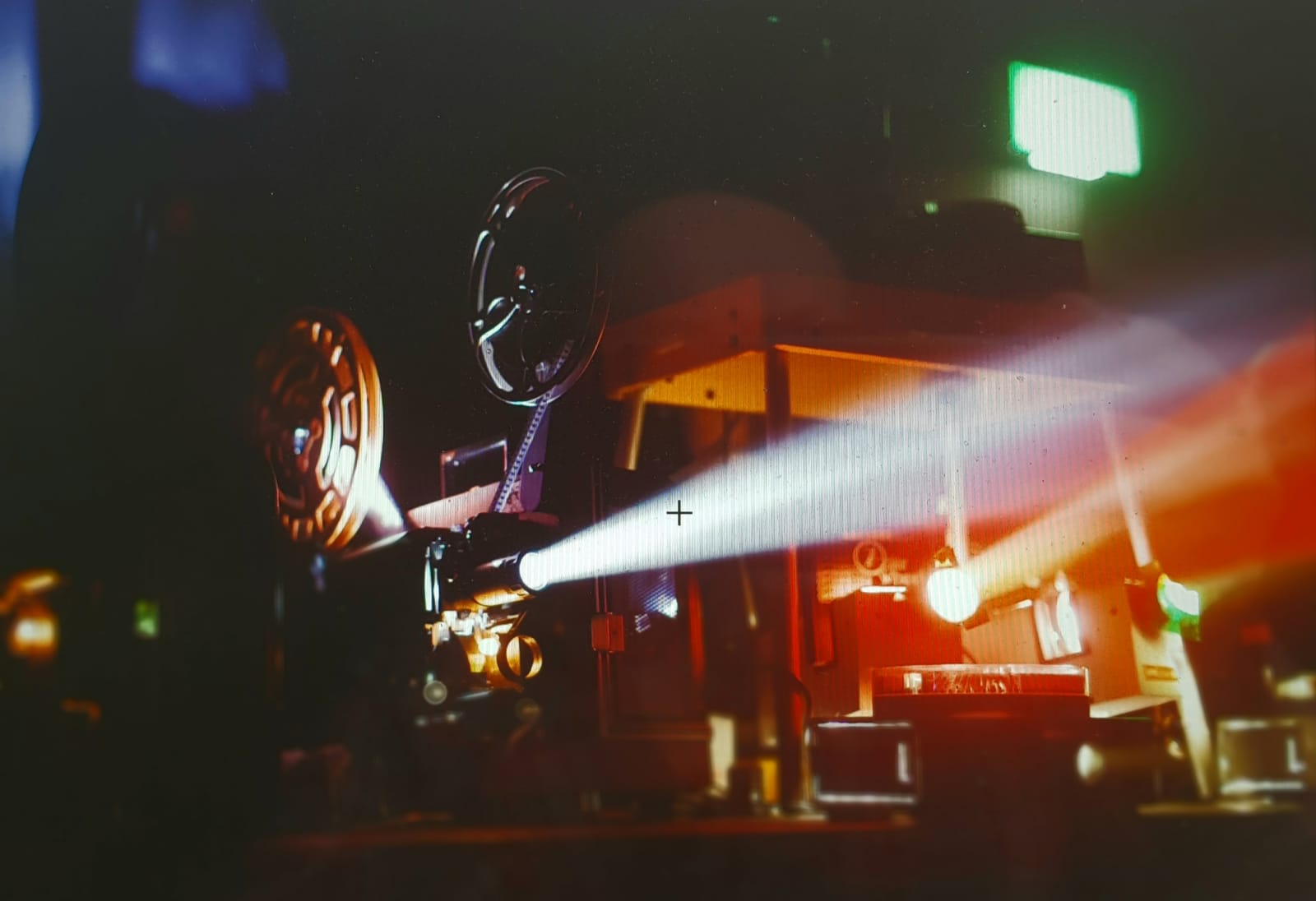
Tips for the filmmakers' submissions
With over 5000 admissions, the filmmakers have to be quite honest with themselves. They need to believe in what they're making and in their project. It's relatively easy to make a polished professional film with technology being a lot more available. But that's not enough anymore.
There is something beyond that, really seeing a voice from the director. It's great to champion original work and something that stands out and you haven't seen before. It's the story; it's the honesty; it's how they show off their voice and their talent.
Find more cinematography tips and techniques and continue your journey.





















